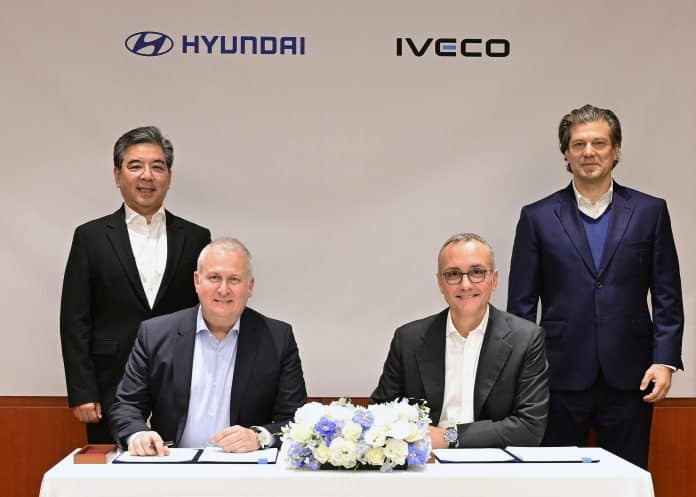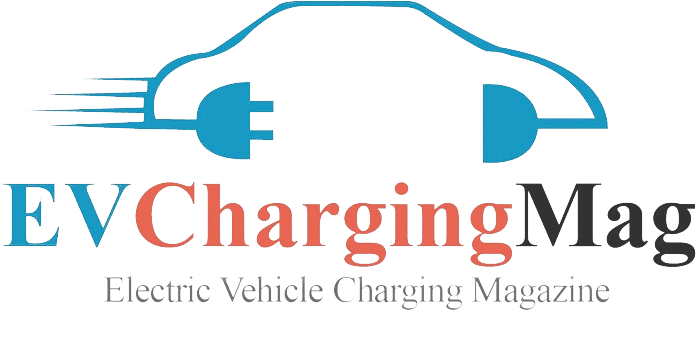In a move that heralds a significant leap towards sustainable mobility, Hyundai Motor Company and Iveco Group have solidified their collaboration with a groundbreaking agreement. This landmark deal aims to revolutionize the commercial transportation landscape by introducing an all-electric light commercial vehicle (LCV) for distribution across Europe.
Details of the Partnership
Under the terms of the agreement, Hyundai will leverage its cutting-edge Global eLCV platform to supply Iveco with the chassis cab for the electric van. This platform, renowned for its advanced technology and low-floor design, promises enhanced usability and efficiency, catering to the evolving needs of the commercial vehicle market.
Manufacturing and Distribution
With Hyundai focusing on chassis cab manufacturing, Iveco will take the reins of customization and distribution, leveraging its extensive network of sales channels across Europe. This division of labor ensures that each vehicle bears the distinctive Iveco badge, representing a blend of Hyundai’s technological prowess and Iveco’s market expertise.
Unveiling at IAA Transportation Trade Show
Excitement is mounting as industry insiders anticipate the unveiling of the Iveco-badged electric van at the upcoming IAA Transportation trade show in Germany. Scheduled for September 2024, this event will showcase Hyundai and Iveco’s joint endeavor to redefine urban and suburban delivery solutions in Europe.
Strategic Response to Market Demand
The partnership between Hyundai and Iveco reflects a strategic response to the surging demand for eco-friendly transportation solutions. As cities worldwide embrace sustainability initiatives, the need for electric commercial vehicles has never been greater. By combining Hyundai’s technological innovation with Iveco’s market insights, the collaboration aims to address this demand and set new benchmarks for efficiency and sustainability.
Confidence and Commitment
Both Hyundai and Iveco have expressed confidence in the partnership’s potential to strengthen their respective product portfolios and deepen their relationship. With a shared commitment to carbon-neutral mobility, the two companies are poised to drive innovation and shape the future of transportation.

